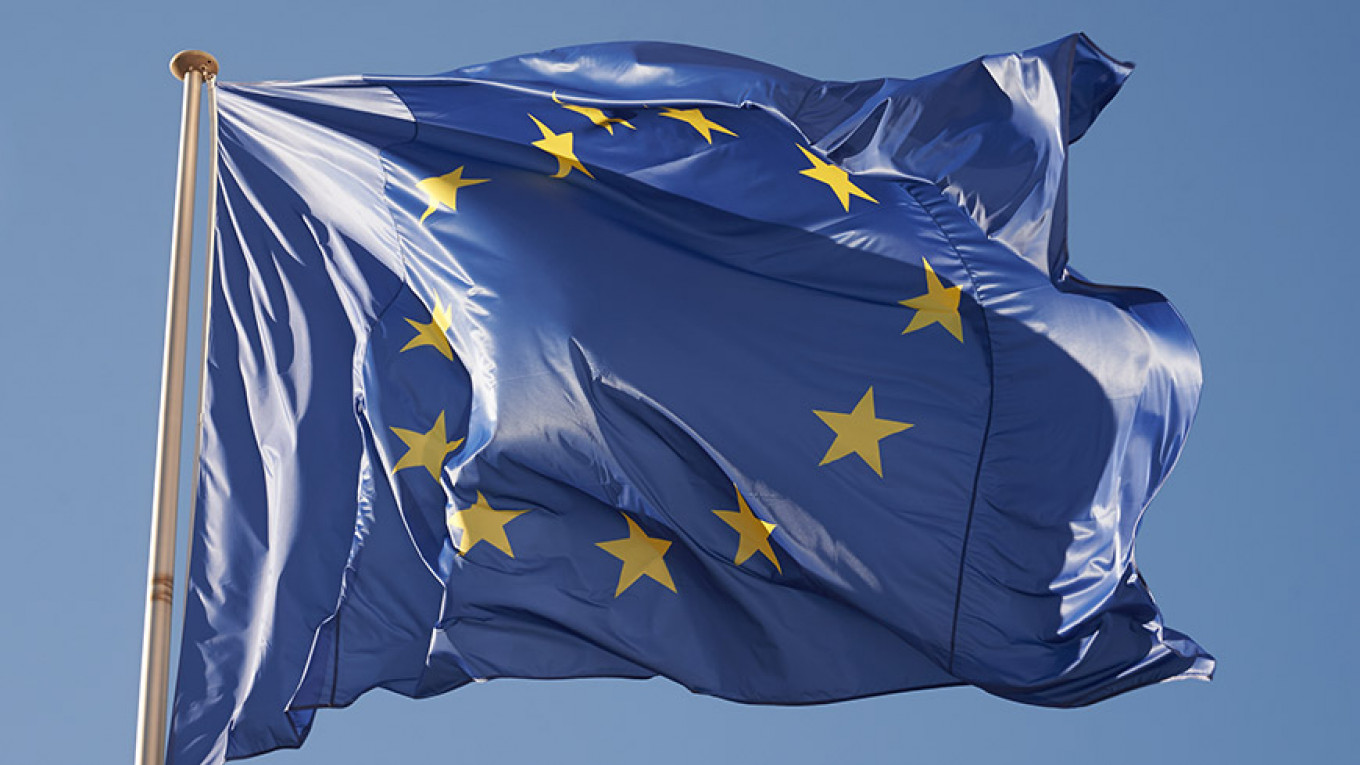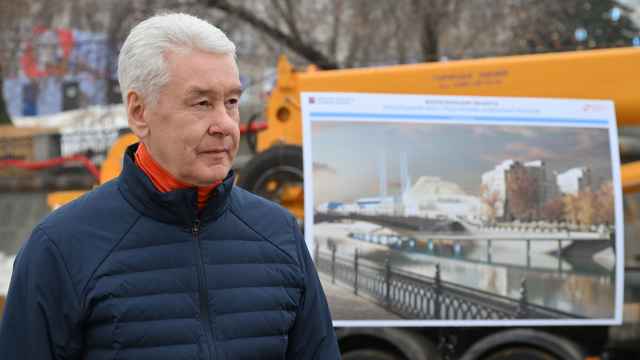The Council of Europe said Friday it is suspending all representatives of Russia from participation in the pan-European rights body over Moscow's attack against Ukraine.
Permanent representatives of its 47 member states "agreed to suspend the Russian Federation from its rights of representation in the Council of Europe," invoking Article 8 of its statute, a statement said.
The decision takes effect immediately and affects the rights of representation of Russia in the Committee of Ministers and in the Parliamentary Assembly of the Council of Europe (PACE).
However the decision does not affect the European Court of Human Rights (ECHR), which is part of the Council of Europe.
The Russian judge remains a member of the court and applications introduced against Russia will continue to be examined and decided by the court, it said.
"Suspension is not a final measure but a temporary one, leaving channels of communication open," the Council of Europe emphasised in the statement.
Article 8 of the Council of Europe's statute allows the suspension of a member's representation rights and — in a later step — even exclusion from the body.
Russia, a Council of Europe member since 1996, has already in the past been the target of such sanctions — after its annexation of the Ukrainian Black Sea peninsula of Crimea in 2014.
Then, the Russian delegation in the PACE was deprived of voting rights.
Russia responded by boycotting the sessions of the assembly and suspending the payment of contribution to the council's budget.
The dispute was resolved and Russia's rights restored in 2019 in a deal championed by French President Emmanuel Macron — then seeking to rekindle relations with Russia — but which infuriated Kyiv.
Council of Europe Secretary General Marija Pejcinovic Buric described the attack on Ukraine as a "flagrant violation" of the statute of the Council of Europe and the ECHR which the body oversees.
"This is a dark hour for Europe and everything it stands for," she said
A Message from The Moscow Times:
Dear readers,
We are facing unprecedented challenges. Russia's Prosecutor General's Office has designated The Moscow Times as an "undesirable" organization, criminalizing our work and putting our staff at risk of prosecution. This follows our earlier unjust labeling as a "foreign agent."
These actions are direct attempts to silence independent journalism in Russia. The authorities claim our work "discredits the decisions of the Russian leadership." We see things differently: we strive to provide accurate, unbiased reporting on Russia.
We, the journalists of The Moscow Times, refuse to be silenced. But to continue our work, we need your help.
Your support, no matter how small, makes a world of difference. If you can, please support us monthly starting from just $2. It's quick to set up, and every contribution makes a significant impact.
By supporting The Moscow Times, you're defending open, independent journalism in the face of repression. Thank you for standing with us.
Remind me later.






